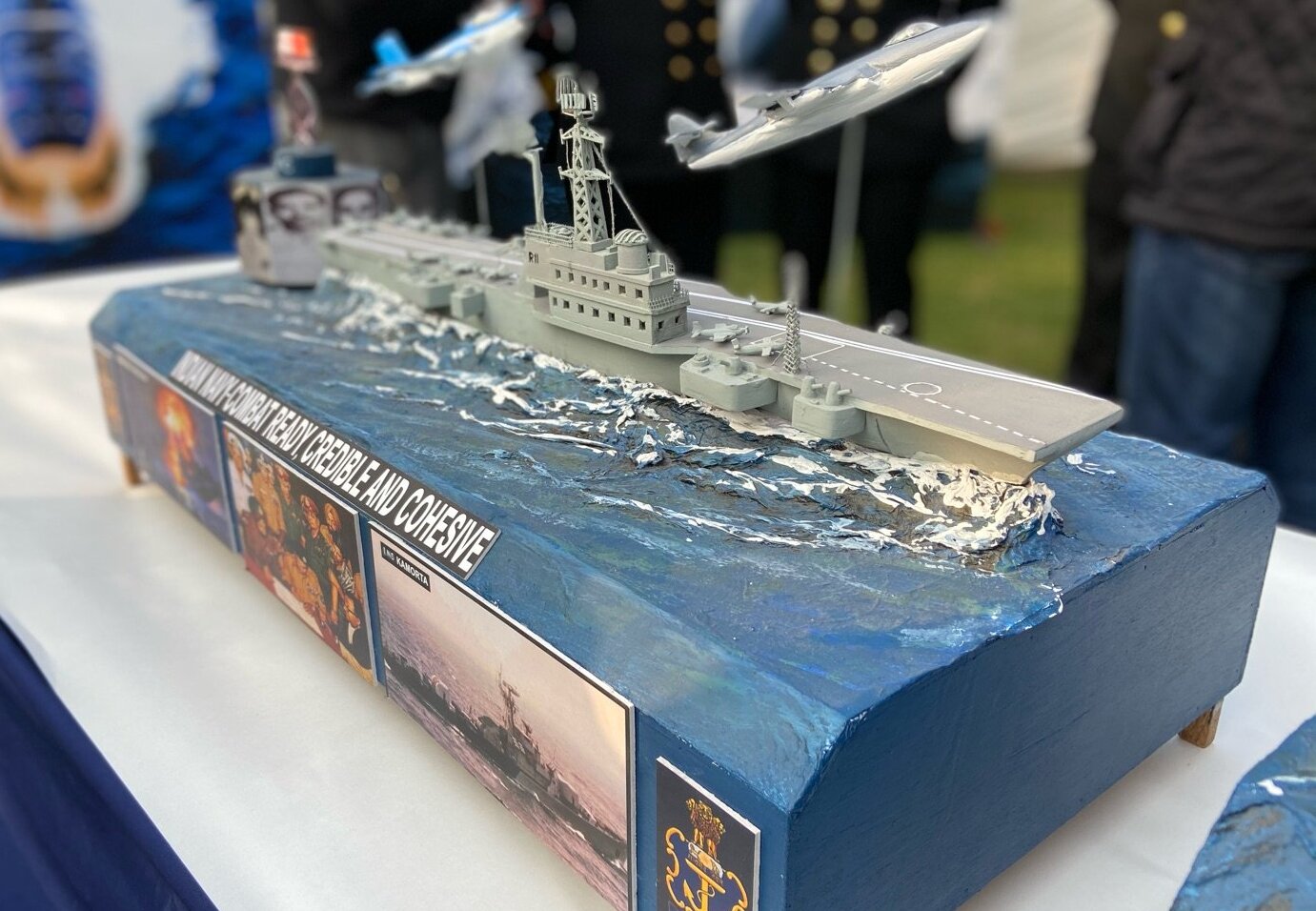The 1971 Bangladesh Liberation War enunciated a great deal of force, strength and valour from both India and Bangladesh Forces. Numerous overt operations were launched between 4th December and 17th December which led to one of the mightiest military victories in modern history. Amidst different operations and protocols launched by the military, Operation Trident and Operation Python were the ones that broke the back of the Pakistani Navy during the war.
Progression of Operations Trident and Python
India was just recovering from the debacle of the 1965 war and hadn’t anticipated a war within just next 6 years. However, to India’s utter shock and surprise, a gradual sequence of atrocities in Easter province of Pakistan (now Bangladesh) scaled up to a massive genocide. Consequently, a large number of the absconded migrants from Pakistan took refuge in India and the then Prime Minister Indira Gandhi, further legitimised the refuge and ordered for instatement of proper refugee camps. This was the first domino which alerted Pakistan of India’s indirect involvement in the tense situations concerning Bangladesh. To salt the wounds even further, Indian army also assisted the migrant Bangladeshi force ‘Mukti Bahini’ whilst PM Indira Gandhi toured across the world, garnering support from all leading countries. This was the first psychological attack on Pakistan.
Pakistan could not hold it any longer and as a result waged an attack on the Indian airfields. This led to an official declaration of war between India and Pakistan. The six Indian airfields were completely destroyed which prompted India to get rid of their defensive corset donned in the 1965 war and test their newly imported Soviet-made Osa class anti-ship missiles. Hence, the Indian Navy formed a ‘Karachi Strike Group’ and launched Operation Trident in the afternoon of December 4, 1971. The Strike Group was set for its mission.
Operation Trident consisted of three missile boats (INS Nirghat, Nipat and Veer) and two Petya class ships (INS Katchall and Kiltan). The plan was to assist the missile boats and unleash them at dark close to Karachi and carry out the missile carnage. Even after half-a-century of the attack, historians and military experts could not believe that such an ambitious, covert and sublime up-close attack was successfully executed. This exceedingly daring raid resulted in the sinking of PNS Khaiber, PNS Muhafiz, MV Venus Challenger and demolished the Kemari oil refinery.
Without losing momentum and dropping the upper hand, Operation Python was immediately followed after Operation Trident on December 8. Op. Python caused further destructions of Pakistani assets and mayhem in Pakistan Armed Forces. The ships that caused carnage namely as INS Vinash, INS Trishul and INS Talwar severely damaged PNS Dacca, MV Harmattan, MV Gulf Star. In addition, Kemari Oil filed in Karachi was also set ablaze on fire. Both the operations were hugely successful. Consequent to these projects and owing to the devastation caused, Pakistani Navy had to withdraw their ships inside the harbour and ordered de-ammunition. As a result, the maritime war in the western front was curtained within five days of commencement of the hostilities.
Conclusion
The endearing success of Op. Trident is celebrated as Navy Day each year. The Indian Navy was lauded all across. Admiral Gorshkov of the Soviet Navy remarked that the Russians themselves had never envisaged this role of the missile boats. India’s meticulous planning and aggressive mindset along with months of dedicated training and exercises went a long way in ensuring success of the operation. PM Indira Gandhi’s unflinching robust trust in Sam Manekshaw (Chief of Army Staff) and efforts in maintaining the stability of the country during a national crisis as that of war, is truly remarkable. However, the monumental feat. would be incomplete if it does not include the role of the men involved in naval planning and acquisition. Admiral AK Chatterjee and his team that helped in procuring the small missile boats from Soviet Union, to Admiral SM (Charles) Nanda, the Navy Chief who anchored the ‘bombings of Karachi’ and the entire Navy deserves the greatest of bows.
The Killer Squadron and the courageous exploits of the Indian Navy remain ingrained in our collective memory. Operation Trident and Operation Python turned out to be one of the biggest reasons for the featured win and significantly contributed to the Liberation of Bangladesh.

